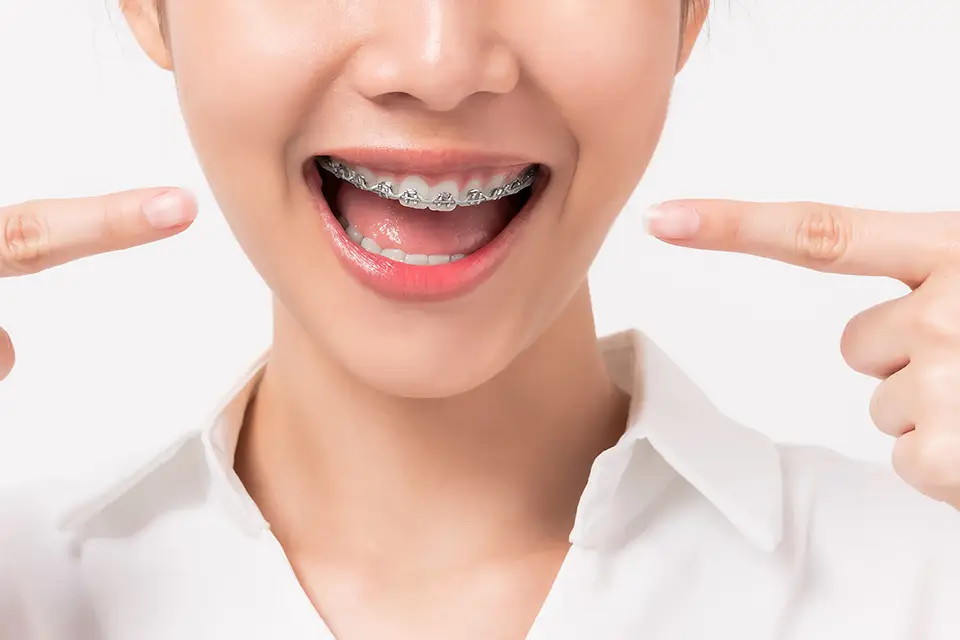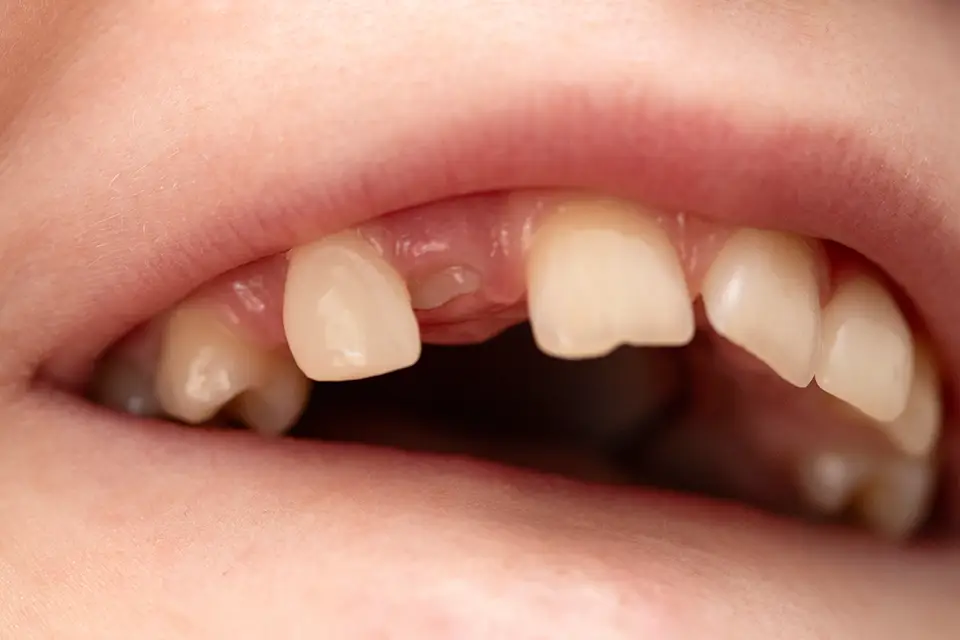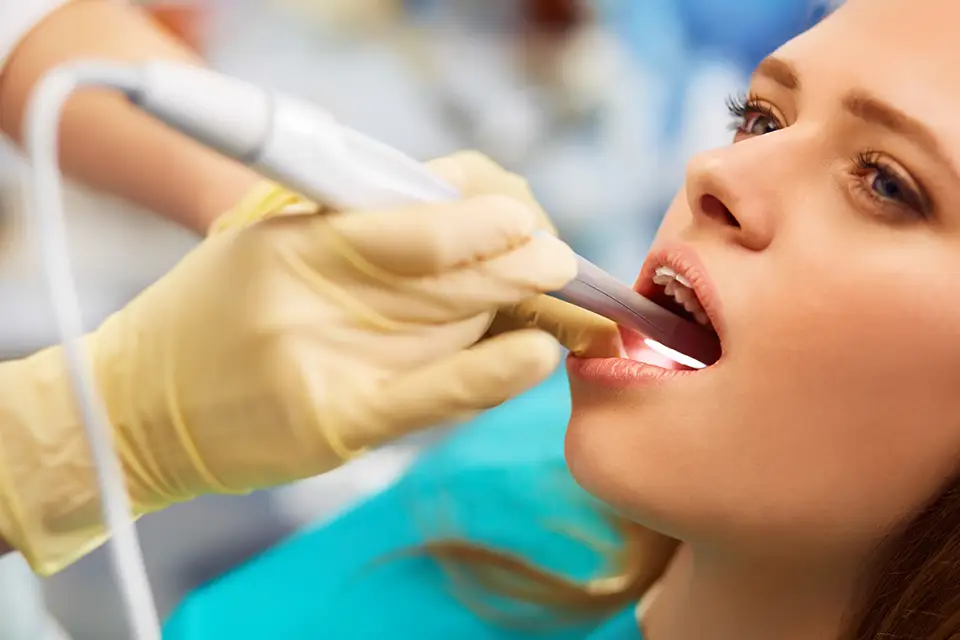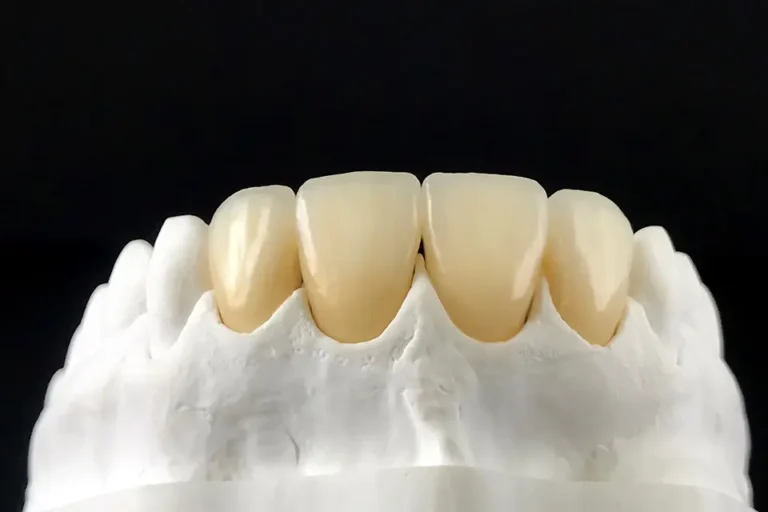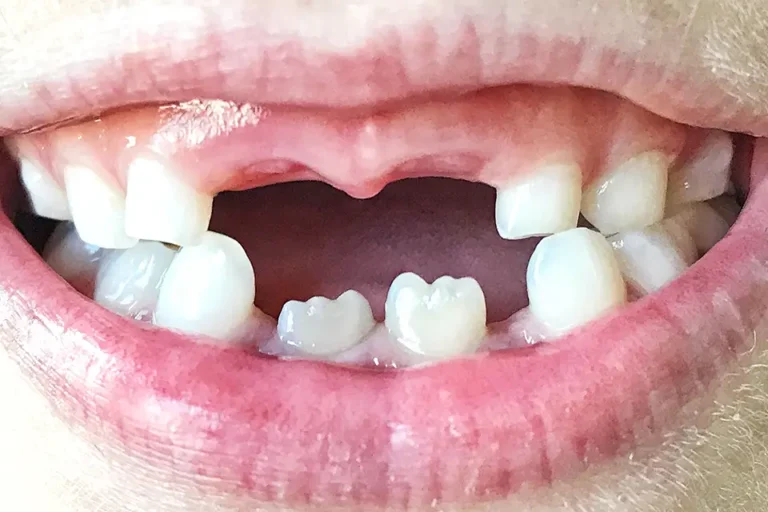Why Are Soft Foods Necessary After Oral Surgery?
Following dental surgery, your mouth may be sore and swollen and more susceptible to infection. Moreover, eating soft foods helps reduce the strain on your surgical sites, lowering the risk of dislodging a blood clot, irritating your gums, or harming vulnerable new tissues. Furthermore, that’s why soft foods to eat after oral surgery are not just recommended; they’re essential.
Soft meals need less chewing, which reduces the burden on your jaw and new or healing dental treatment. They are less prone to irritate wound sites while providing the nutrition required for recovery. Notably, understanding the best soft foods to eat after oral surgery can significantly lessen pain and discomfort during eating, which can be relieving and reassuring.
Best Soft Foods to Eat After a Oral Surgery
In order to promote comfort and recovery after dental surgery, it is vital to choose the right foods. Moreover, here’s a list of soft foods to eat after oral surgery that we recommend at Zara Dental:
- Smoothies enriched with protein powder or Greek yogurt
- Broths and creamy soups without large chunks
- Mashed potatoes or other mashed vegetables
- Scrambled eggs or omelets
- Soft fruits, such as bananas or applesauce
- Puddings and custards
- Soft cheeses, including cottage cheese
What Types of Food to Eat Throughout the Day?
Breakfast
- A smoothie made with yogurt, soft fruits, and a spoonful of oatmeal for thickness
- Scrambled eggs with cheese
Lunch
- Lentil soup or bone broth with soft bread soaked in it
- Mashed avocado with cottage cheese
Dinner
- Salmon or another soft fish with mashed potatoes
- Pasta with a creamy sauce
Moreover, nutrition is essential following surgery. High-quality proteins, vitamins from fruits and vegetables, and adequate hydration all help to boost immune function and accelerate recovery. Even with limited food choices, it’s important to remember that you can still consume a balanced diet, empowering you to take control of your recovery.

Foods to Avoid After an Oral Surgery
- Crunchy vegetables and hard fruits
- Chewy or hard meats
- Spicy or highly acidic foods
- All nuts and seeds
- Popcorn and chips
Furthermore, these foods can worsen pain, induce infections, and cause healing. Additionally, hard and chewy foods can damage new dental work and dislodge stitches.
Tips for Eating Comfortably
- Eat slowly and chew well to prevent pressure on the surgical site.
- Using a small spoon or fork to take smaller bites can help manage pain and also avoid injury.
- Rubber-coated utensils may be a better option if you have a sensitive mouth.
- A blender or food processor is handy for making smoothies and purees.
FAQs about Soft Foods After Oral Surgery
Can I eat regular food if I chew on the opposite side of my mouth?
It’s best to stick to soft foods that require minimal chewing, even on the unaffected side, to avoid accidental damage.
How long should I eat soft foods after surgery?
The duration depends on the type of surgery and your personal recovery speed. Generally, it’s a good idea to follow a soft food diet for at least a week before gradually reintroducing harder foods.
Are there any risks associated with a soft food diet?
If not properly planned, the primary risk of not following a soft food diet is nutritional deficiency, which can hinder recovery. Ensure your diet includes a variety of foods to meet your dietary needs and aid in your healing process.
What can I do if I need more time to get bored with my food options?
Experiment with spices and seasonings that are not harsh or acidic. Try new combinations of smoothies and soups to keep your diet interesting and palatable.
We are dedicated to ensuring that your recovery at Zara Dental is both comfortable and rapid. If you have further questions or require individualized guidance, please call our office in Houston, Texas. We’re here to help you smile quickly and confidently while you recover!



